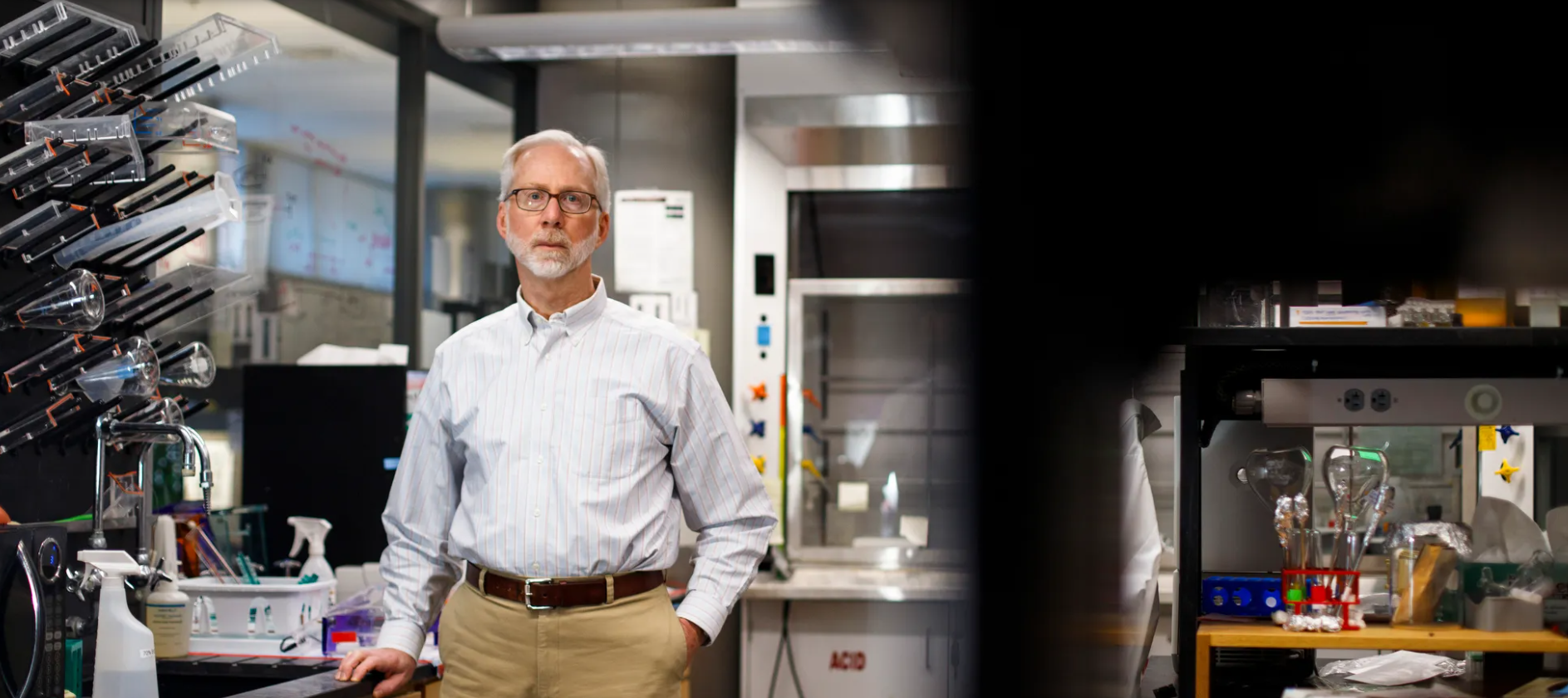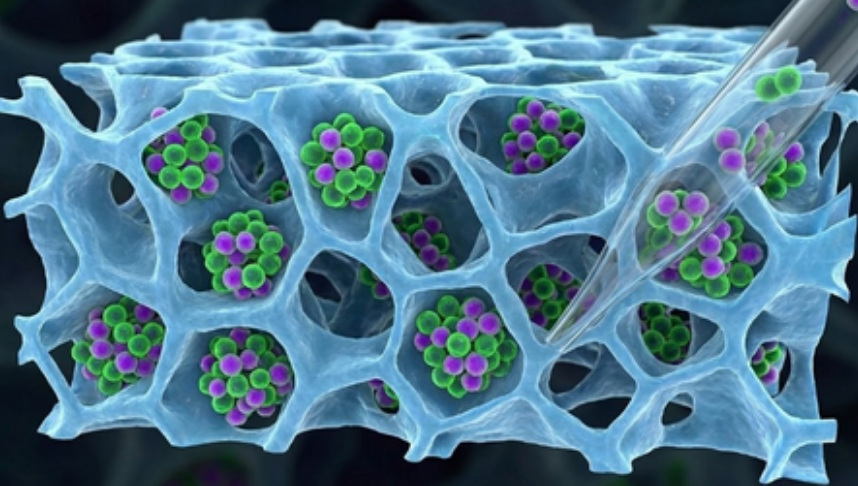Study Finds Toxic Metals in Breast Milk May Impair Infant Growth

NEW DELHI– A new study has raised serious concerns about infant health, revealing that high levels of toxic metals such as lead and arsenic in breast milk may impair growth in infants. The findings, published in the journal Environmental Pollution, underscore the urgent need to address environmental contamination, especially in vulnerable communities.
Conducted by researchers at the University of Arizona, the study focused on Mayan women living in Guatemala’s Lake Atitlán watershed region. Breast milk samples from 80 mothers were analyzed, and the infants’ lengths were measured to assess growth.
Alarmingly, the team found concentrations of arsenic and lead in breast milk that exceeded World Health Organization (WHO) safety guidelines. These toxic elements were linked to stunted growth in infants—a serious public health concern in Guatemala, which has the highest rate of impaired growth (stunting) in the Western Hemisphere.
“Detecting toxic metals in breast milk is deeply concerning and highlights the potential role of environmental pollution in undermining child development,” said Sandra Rodríguez Quintana, a postdoctoral research associate involved in the study.
“Our work calls for interventions to protect maternal and child health and to better understand how environmental concentrations of metals may be contributing to stunting and other health issues,” she added.
While poor nutrition and recurrent infections are traditionally blamed for stunting, this is the first study in the Americas to demonstrate a clear association between toxic metal exposure through breast milk and impaired infant growth.
The study also found elevated levels of arsenic and barium in local drinking water, suggesting it is a major contributor to the contamination in breast milk.
“Drinking water contaminated with toxic elements such as arsenic and pathogenic microbes imposes a serious burden on public health, especially for the developing child,” the researchers warned.
The findings call for urgent action to improve water quality and reduce exposure to environmental toxins in order to protect the health and development of both mothers and infants. (Source: IANS)





